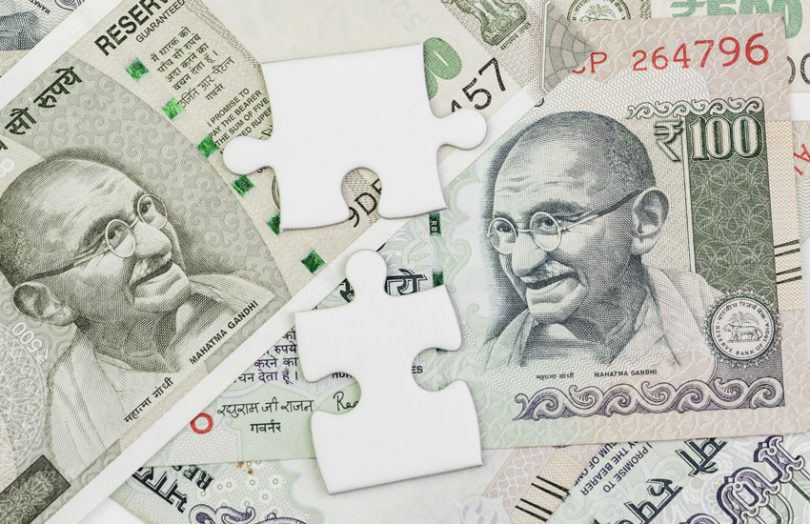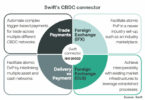The National Payments Corporation of India (NPCI) has unveiled an enterprise blockchain platform called Vajra to automate payment, clearing and settlement of transactions.
NPCI is the umbrella body for operating retail payments and settlement systems in India. The organization was set up by the Reserve Bank of India and the Indian Banks’ Association (IBA) in 2008.
Automation and reducing manual processing is the top benefit of the planned system. By sharing data, the need for reconciliation disappears. The improved transparency is expected to speed up transaction processing, and both reduce the number of disputes as well as helping to address them.
The Vajra Platform uses a private permissioned blockchain network, with three distinct node types. One is the clearing house node which will be with the NPCI; second is the participant node for banks and payment service providers. The third type is the Notary node for UIDAI, the citizen identity agency which issues Indian’s Aadhar numbers. This node will validate transactions.
NPCI said participants could access the Vajra platform using web interfaces and need not make any significant technology changes for integration. We requested more details about the technology used but did not receive a response in time for publication. A job advert last May stated that three Proofs of Concept would be implemented on Hyperledger Fabric, R3’s Corda and (enterprise) Ethereum.
The blockchain will only store identifiers of a transaction (hash) while an off-chain database will be used to store the encrypted transaction details. Due to its permissioned nature, each member only has access to transactions in which they participated.
The Vajra Platform will automate the clearing and reconciliation of process at NPCI and its partner banks and service providers. Smart contracts on the blockchain will validate the transaction and process them based on the coded rules. Once the transaction is cleared, a hash will be added to the Vajra platform, which can be viewed by the regulator and participants concerned. Additionally, The NPCI will create clearing files every 15 minutes and post them to the Reserve Banks RTGS platform for settlement processing.
While the primary function is the automation of services, the Vajra platform also enables error notifications and dispute redressal. With NPCI as the administrator of the network, it becomes easier for the participants to send queries and manage disputes. Additionally, the blockchain platform enables better communication between participants using an API provided to the banks.
Recently, Spain’s Iberpay ran a blockchain proof of concept for payments along with five banks including Santander and BBVA.
In Italy, the Italian Banker’s Association (ABI) is getting ready to launch Spunta, its blockchain solution to enable automated reconciliation of interbank accounts.
Meanwhile, the Monetary Authority of Singapore (MAS) completed a blockchain trial for multi-currency payments along with JP Morgan and Temasek.







